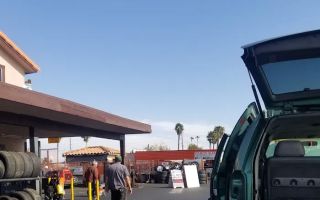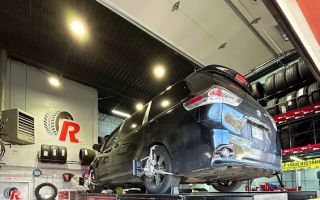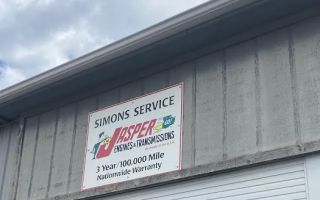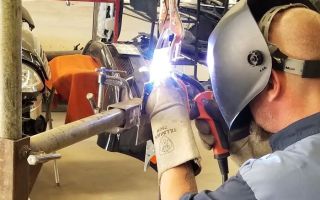How to Prepare Your Car for a Towing Service
- 1. Assessing the Situation
- 2. Gather Essential Items
- 3. Secure Personal Belongings
- 4. Inform the Towing Service
- 5. Follow-Up After Towing
1. Assessing the Situation
Before you call for a towing service, take a moment to assess the condition of your vehicle. Is it safely off the road? Are there any hazards around it? Ensure that the car is parked in a way that does not obstruct traffic or pose a risk to other drivers. If possible, move the vehicle to a safer spot. If your car is in a hazardous location, it's essential to provide that information to the towing company so they can send the appropriate equipment.
For instance, if your car has broken down in a narrow alley, alert the towing service in advance so they can send a flatbed truck that can safely navigate such spaces. Taking a moment to assess and provide clear details can help the towing service arrive better prepared.
2. Gather Essential Items
Before the towing service arrives, make sure you have gathered essential documents and items. First, ensure you have your car’s registration, insurance details, and your driver’s license ready. Additionally, if you have a roadside assistance membership or warranty that covers towing services, make sure to have that information handy to avoid unnecessary costs.
It’s also helpful to gather any personal items you may need while your car is being towed, like your phone, wallet, and any important documents. If the towing service will be taking your car to a garage or repair shop, ensure you have all necessary keys, including any spare keys, to prevent delays.
3. Secure Personal Belongings
It’s easy to forget that your car is an extension of your home, and many people leave personal items inside their vehicles when it’s time for a tow. Before the towing service arrives, take a moment to secure your personal belongings. Check under seats, in the glove compartment, and in the trunk for anything valuable or necessary for your day-to-day activities.
For example, if you had to leave a laptop or important documents in the car during the breakdown, now is the time to retrieve them. Not only will this prevent any loss, but it also makes the towing process smoother since your vehicle will be cleared of any items that could get damaged during the tow.
4. Inform the Towing Service
When calling the towing company, provide them with as much information as possible. This includes the exact location of your car, any potential hazards, the make and model of the vehicle, and whether or not the car is operable. The more details you provide, the better equipped they will be to tow your vehicle efficiently and safely.
If your car is in a difficult-to-reach location or if there are special conditions, be sure to mention this. For instance, if your car has been in an accident or there are fluid leaks, the towing service needs to know so they can handle your vehicle with extra care. Clear communication ensures that the towing service arrives prepared, and you avoid unnecessary delays or damage to your vehicle.
5. Follow-Up After Towing
Once your vehicle has been towed to the destination, whether it’s a repair shop or your home, don’t forget to follow up. Contact the towing service or the repair shop to confirm the car’s arrival and that everything was handled properly. If you’re having repairs done, request an estimate and time frame for when your car will be ready.
In some cases, the towing company might offer additional services such as drop-off at a service center. Knowing these details in advance helps you plan ahead, especially if you rely on your vehicle for daily activities.




























